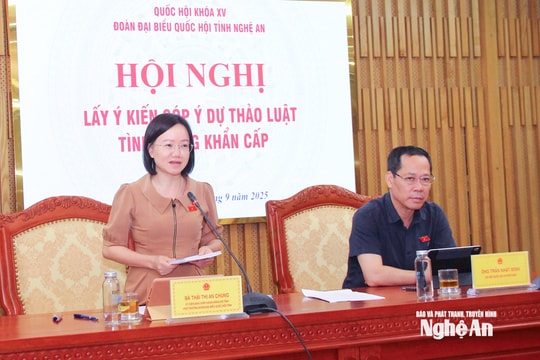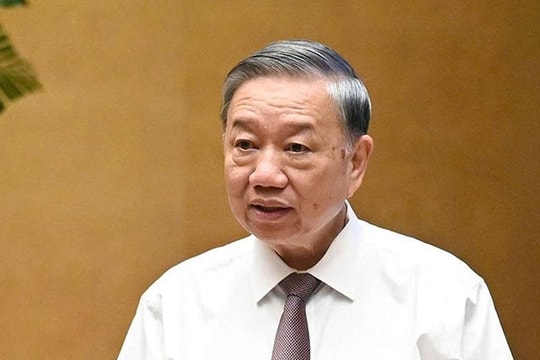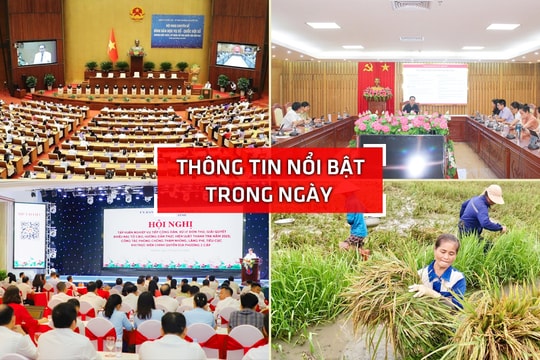Que Phong voters reflect on the '4 no' residential area in Cam Muon commune
(Baonghean.vn) - Voters of Cam Muon commune (Que Phong) reported that in the commune, there is a residential cluster of Huoi May with 37 households and 178 people in Cam Pom village that currently has "4 no's": no electricity grid, no phone signal, no roads, no clean water system. Voters requested that all levels pay attention and have solutions to ensure a better life for the people.
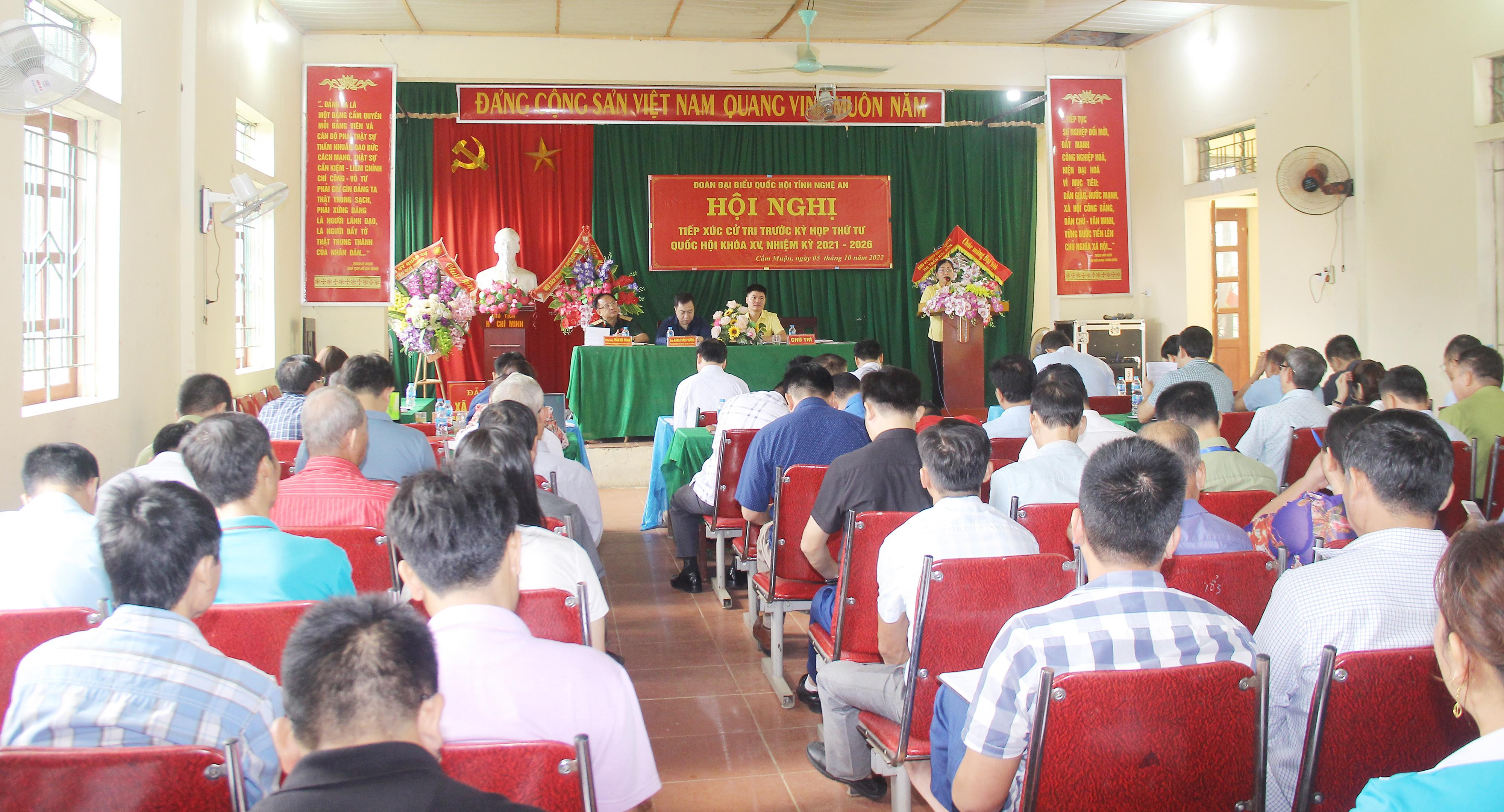 |
View of the voter contact conference in Cam Muon commune, Que Phong district. Photo: Mai Hoa |
On the morning of October 5, National Assembly deputies Dang Xuan Phuong - Vice Chairman of the National Assembly's Committee on Culture and Education and Major General Tran Duc Thuan - Standing member of the National Assembly's Committee on National Defense and Security had a meeting with voters before the 4th session of the 15th National Assembly in Cam Muon commune, Que Phong district.
At the meeting with voters, Major General Tran Duc Thuan - Standing Member of the National Assembly's Committee on National Defense and Security informed voters of the expected content and program of the 4th session of the 15th National Assembly and the activities of the Provincial National Assembly Delegation before the session.
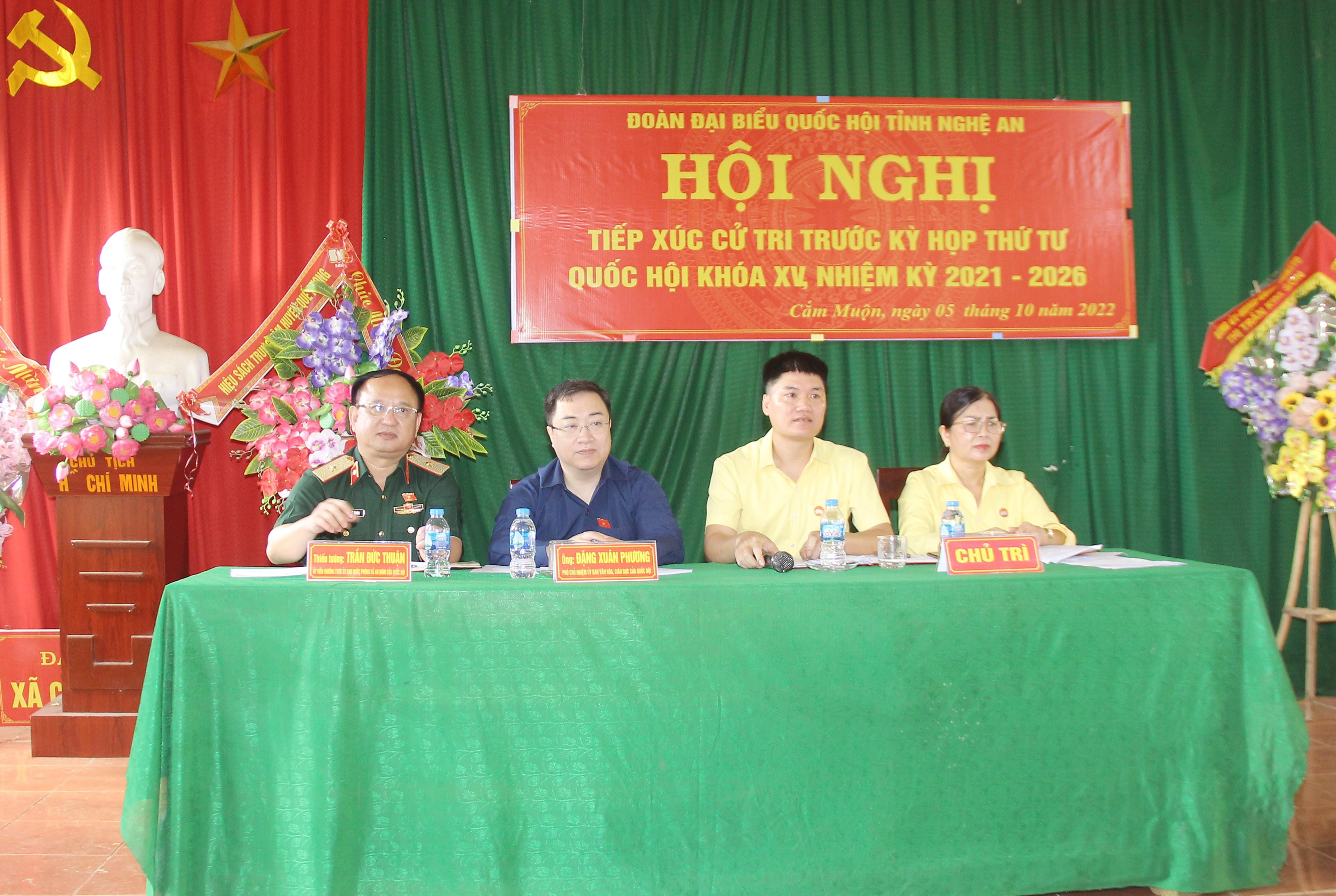 |
National Assembly deputies meet with voters in Cam Muon commune, Que Phong district. Photo: Mai Hoa |
At the session scheduled to open on October 20, the National Assembly will consider and approve 7 draft laws, 3 resolutions and decide on many important issues of the country, personnel work within its authority; and give opinions on 7 draft laws.
Next, in a democratic and frank spirit, voters expressed many thoughts, wishes, recommendations and proposals to concerned authorities for resolution. The issue that many voters reflected was related to the inadequacy of local socio-economic infrastructure.
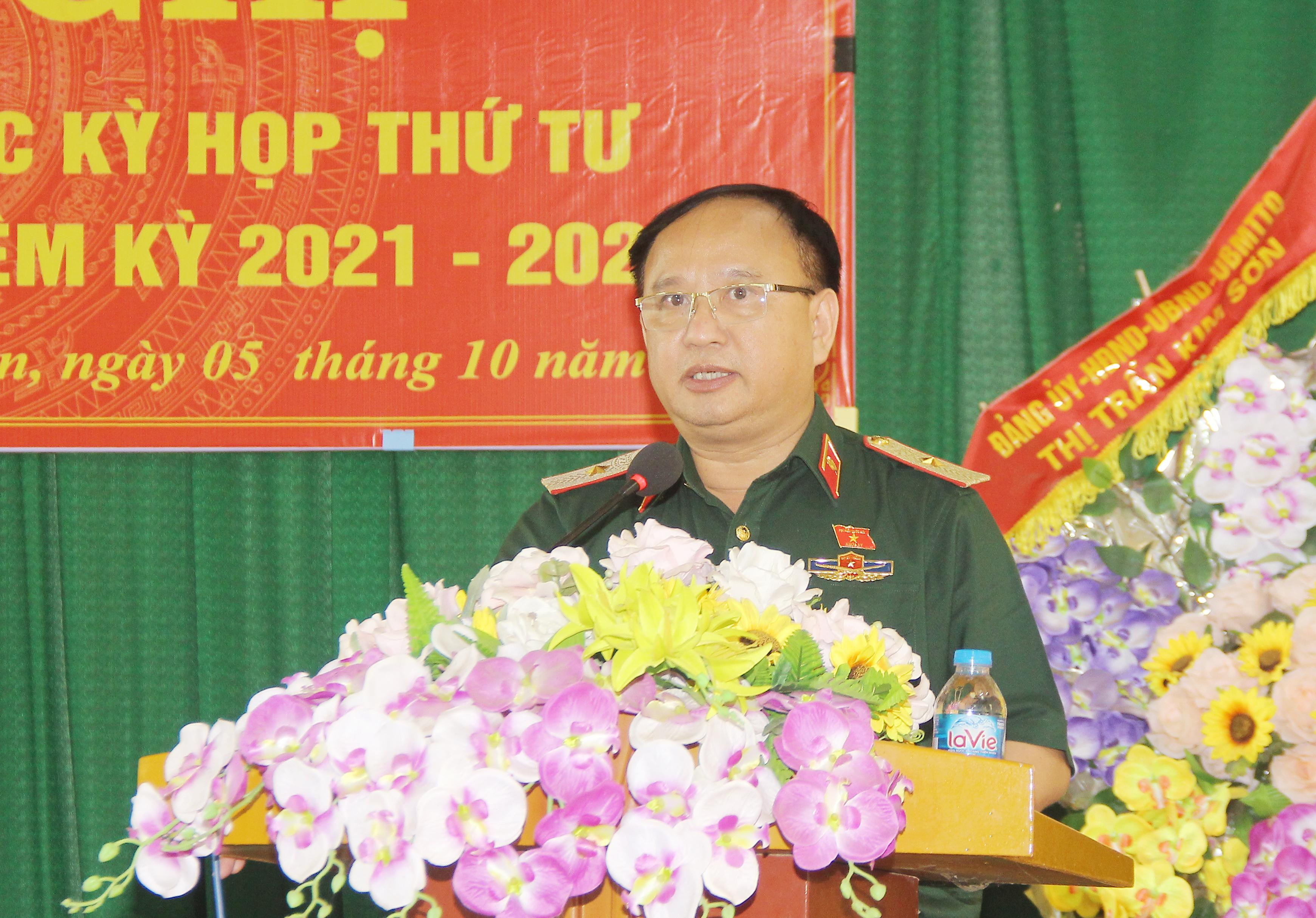 |
Major General Tran Duc Thuan - Standing Member of the National Assembly's Committee on National Defense and Security announced the expected content and agenda of the 4th session of the 15th National Assembly and the activities of the provincial National Assembly delegation before the session. Photo: Mai Hoa |
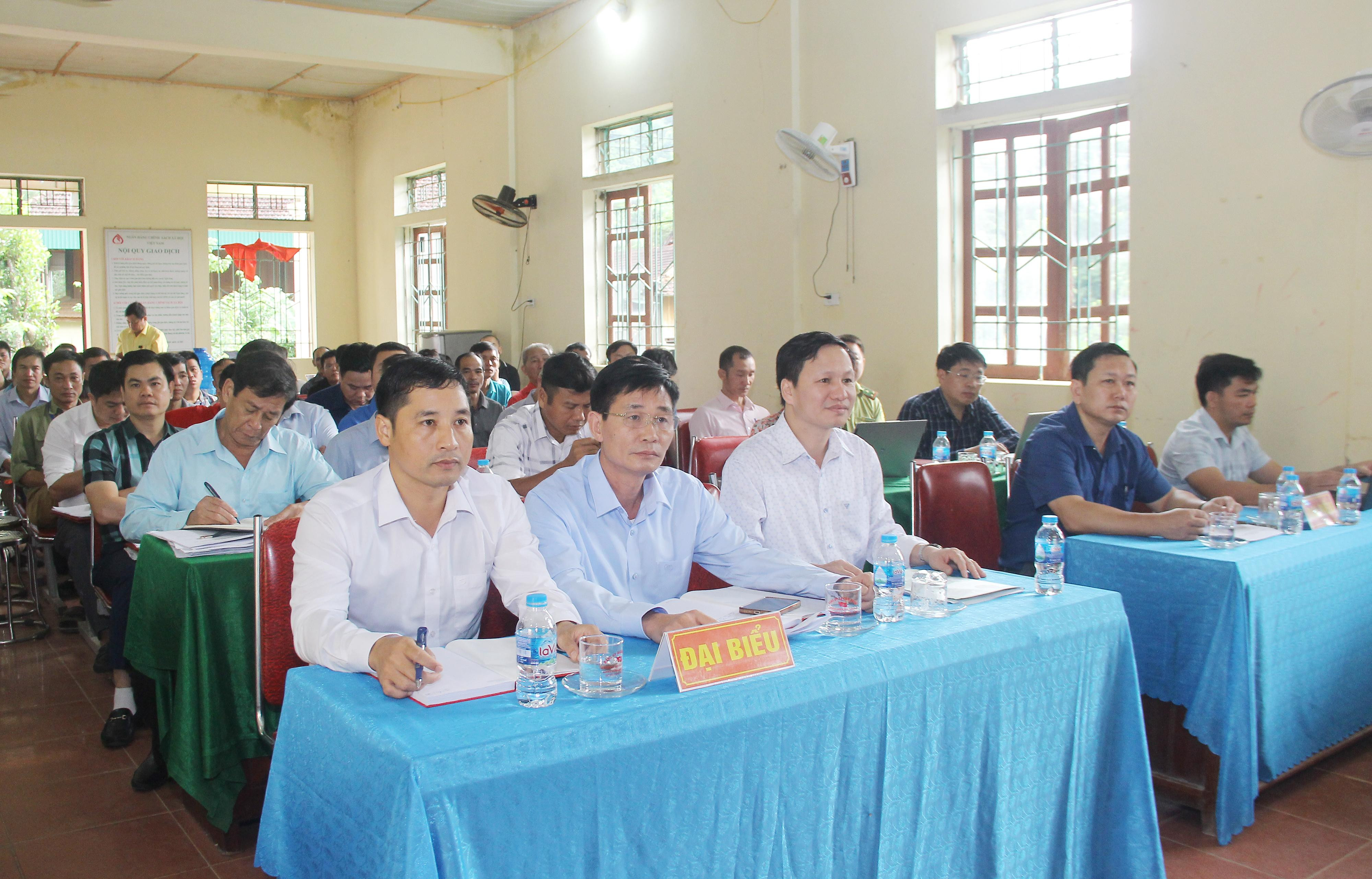 |
Leaders of Que Phong district attended a meeting with voters in Cam Muon commune. Photo: Mai Hoa |
Reflecting that currently in the commune, there are 3 villages without community houses, voter Lo Van Lan (Bo village) requested that all levels pay attention to supporting funding to invest in building community houses for people; at the same time, support building roads to Bo village, when currently there are no cars entering the village.
Also related to infrastructure investment, some voters proposed supporting the upgrading of medical stations; supporting the completion of criteria for building standard preschools according to the roadmap; paying attention to investing in irrigation systems for more than 40 hectares of rice fields that are often lacking water in Mong village to ensure food security for the people.
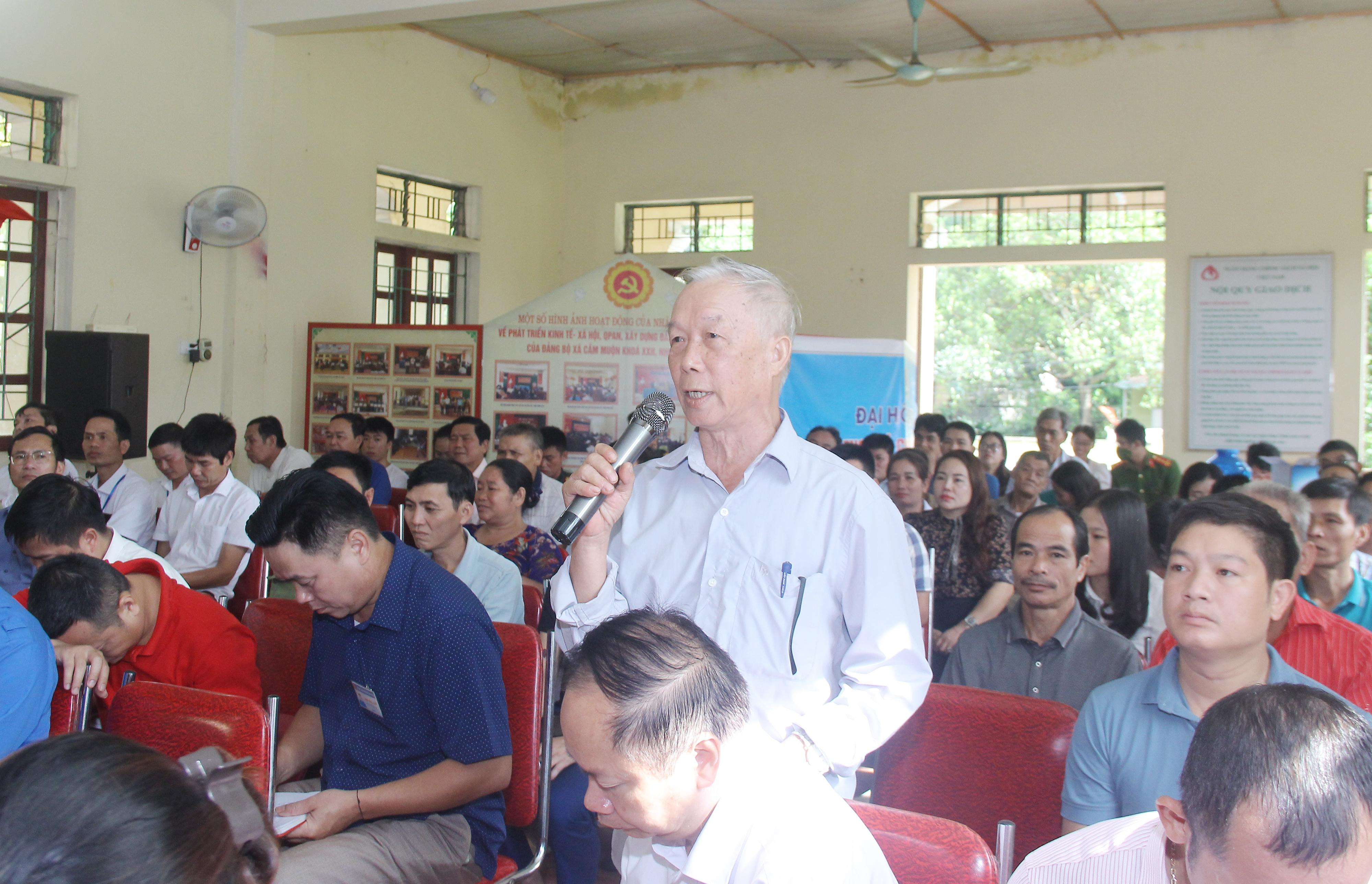 |
Voter Lang Van Dao (Mong 2 village) reflects on the inadequacies in the regime for part-time activists at the commune level. Photo: Mai Hoa |
In particular, voters reflected that in the commune, there is a residential cluster of Huoi May with 37 households and 178 people in Cam Pom village that currently has "4 no's": no electricity grid, no phone signal, no roads, no clean water system; requesting that all levels pay attention and have solutions to ensure a better life for the people.
In addition to infrastructure, voters also reflected on some inadequate policy mechanisms. Voter Hoang Thi Dai (Principal of Cam Muon Kindergarten) reflected that currently the State has a policy to support food and study expenses for children aged 3, 4, and 5 to go to school; meanwhile, there is no support for 2-year-old children, affecting the mobilization of children of this age to go to school. She requested the National Assembly and the Government to pay attention to resolving this issue.
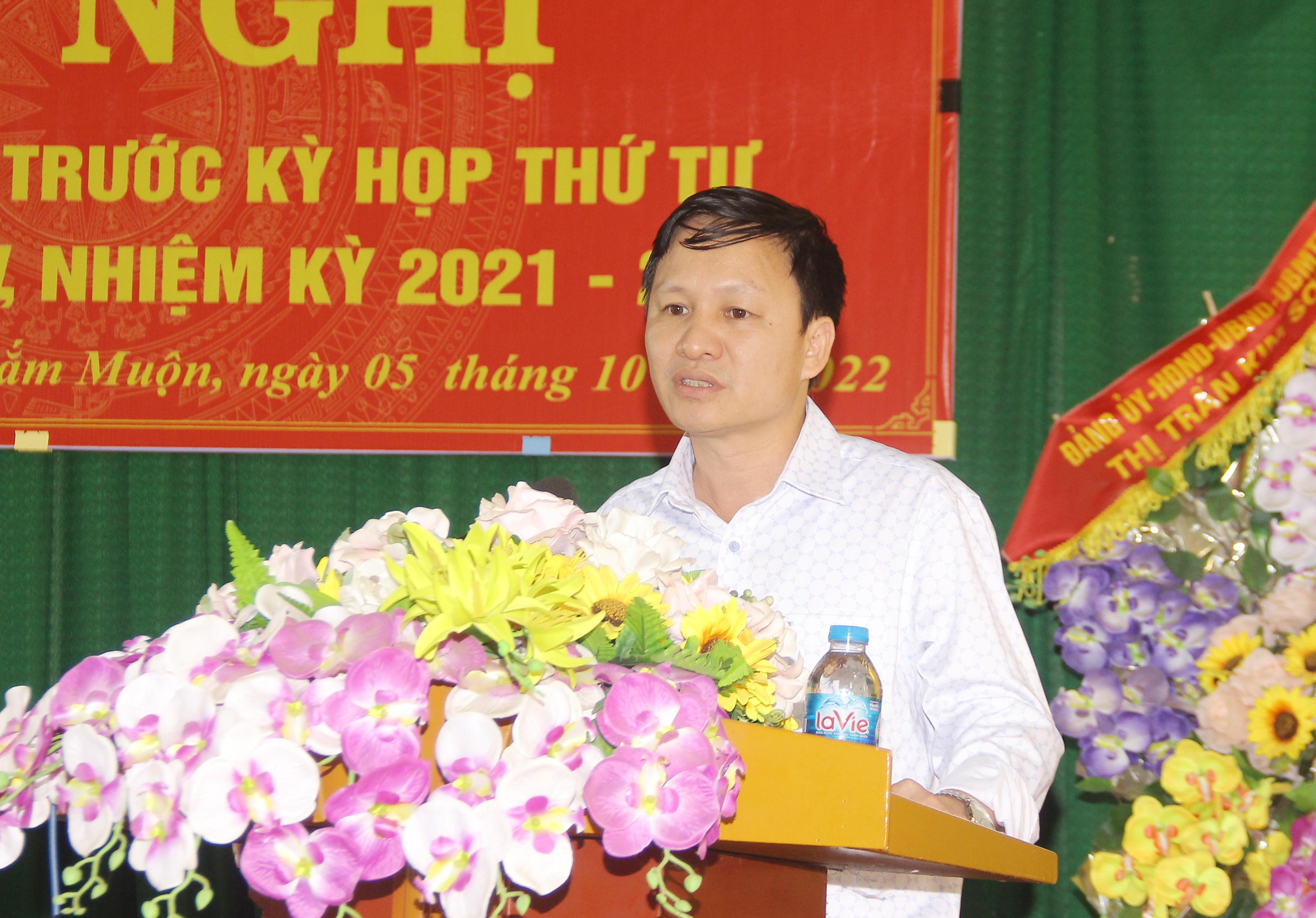 |
Mr. Bui Van Hien - Vice Chairman of Que Phong District People's Committee explained some voters' petitions under the district's authority. Photo: Mai Hoa |
Some voters also reflected on the inadequacies of not having an allowance regime for the Vice President of the Commune Elderly Association, while the standing committees of commune-level organizations have allowances; the regime for population and health collaborators in villages is low; the regulations of the Provincial People's Committee on arranging commune-level civil servants in some fields are not suitable; the issue of granting land use right certificates...
Representatives of the Department of Natural Resources and Environment; Department of Agriculture and Rural Development; Department of Labor, War Invalids and Social Affairs; and leaders of Que Phong district explained and clarified a number of voters' reflections and recommendations under their authority.
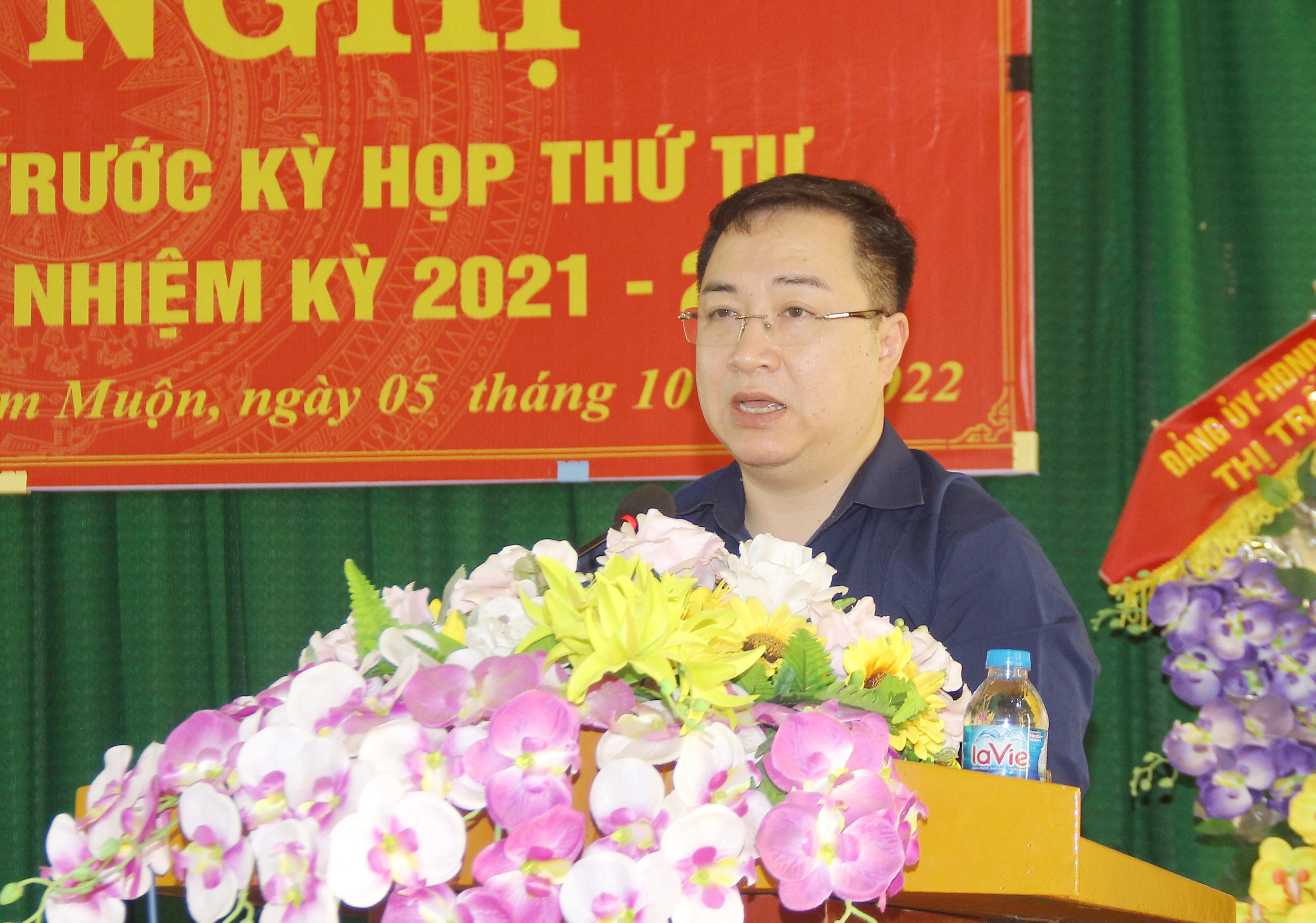 |
| National Assembly Delegate Dang Xuan Phuong - Vice Chairman of the National Assembly's Committee on Culture and Education received and explained some recommendations from voters. Photo: Mai Hoa |
At the end of the conference, National Assembly delegate Dang Xuan Phuong - Vice Chairman of the National Assembly's Committee on Culture and Education received voters' feedback and suggestions, including recommendations for the National Assembly and the Government to have policies for particularly difficult villages and hamlets that are not border communes.
Affirming that the legitimate recommendations of voters will be compiled by the Provincial National Assembly Delegation and sent to competent authorities for resolution and response to voters; National Assembly delegate Dang Xuan Phuong explained and clarified a number of contents related to reform of salary regime for cadres and civil servants; allowance regime for non-professional workers at commune and village levels...; at the same time, he expressed the hope that voters will continue to monitor and participate in contributing to the process of building and perfecting policy institutions, including the classification of administrative units in the coming time.

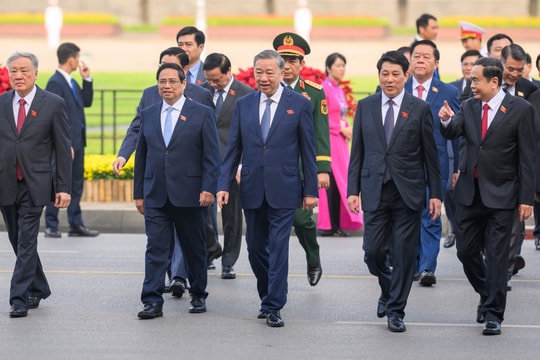
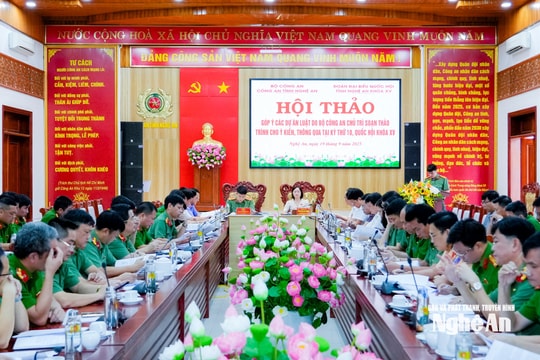
.jpg)

